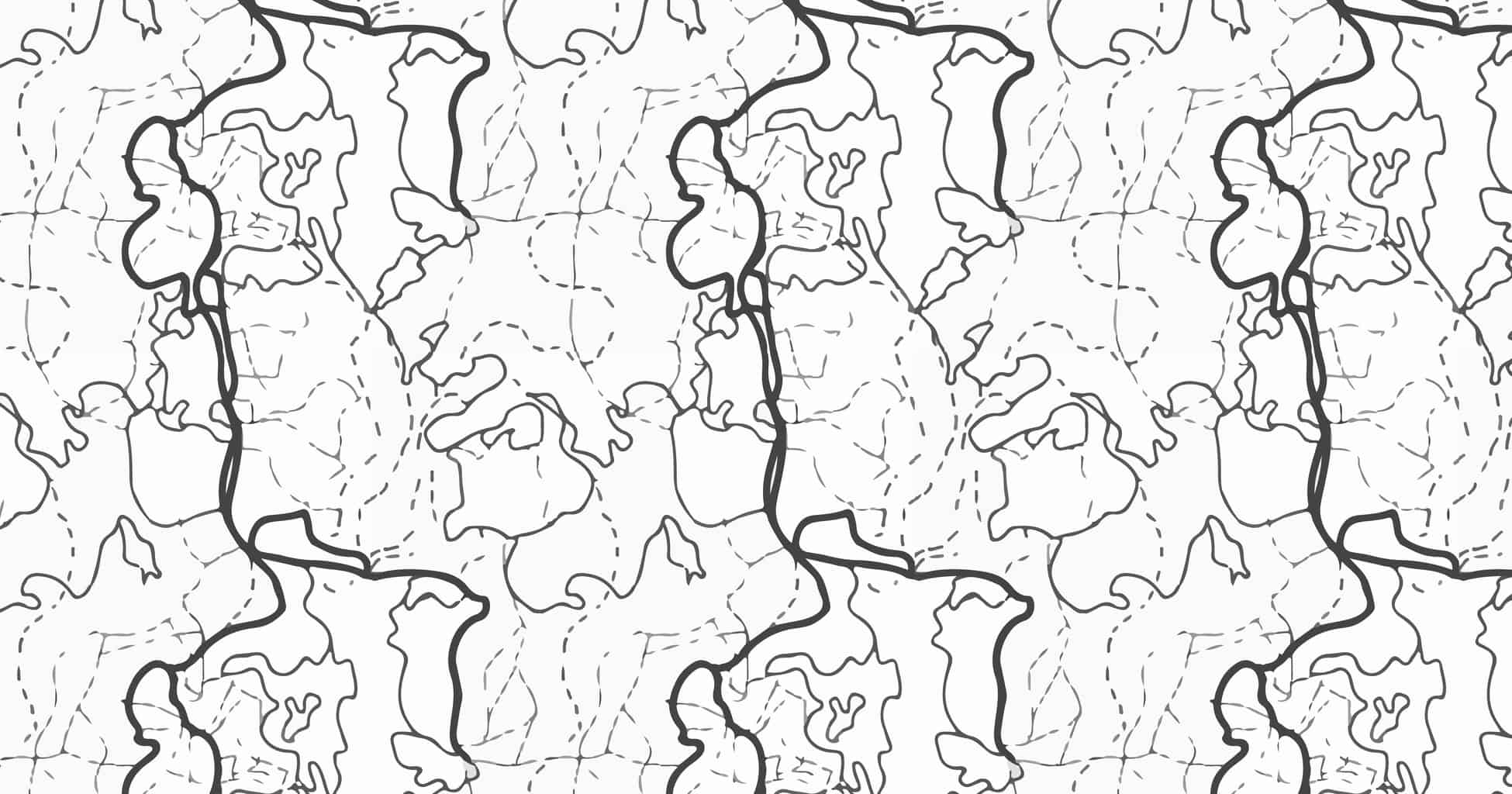Somalia
Somalia’s long-running armed conflict has been characterized by extremism, sectarian political violence, complex humanitarian crises, and piracy, and women have been disproportionately at risk of death and as targets of sexual and gender-based violence and displacement.
Based on the work of NGOWG members and their partners, the NGOWG advocates for women’s political participation, women’s meaningful and active participation in design and implementation of humanitarian responses, and strengthened mechanisms to prevent and respond to sexual and gender based violence.
Somalia
Somalia’s long-running armed conflict has been characterized by extremism, sectarian political violence, complex humanitarian crises, and piracy. Women have been disproportionately at risk of death, and as targets of sexual and gender-based violence and displacement.
Based on the work of NGOWG members and their partners, the NGOWG advocates for women’s political participation, women’s meaningful and active participation in design and implementation of humanitarian responses, and strengthened mechanisms to prevent and respond to sexual and gender based violence.
Current and Past Recommendations to the UN Security Council (Monthly Action Points)
In Somalia, many of the over 1.1 million protracted internally displaced persons, whose numbers are likely to increase if Dadaab refugee camp in Kenya is closed, continue to face a high risk of forced evictions, discrimination, violation of human rights and pervasive SGBV. These communities need the government to ensure land tenure and property rights, and adequate and safe shelter, whether permanent or transitional, as well as access to household items, protection services, local integration and durable solutions. As the Council renews the mandate of AMISOM, following their recent mission to Somalia, the Council should call on the mission to consider gender as a cross-cutting issue in the implementation of its mandate. In addition, the Council must call on Somali authorities, AMISOM and UNSOM to ensure women and girls are protected from sexual violence, including sexual exploitation and abuse, as specified in SCR 2102 (2013) (OP 11). The Council should, additionally, call on Somali authorities and mandate AMISOM and UNSOM to protect women politicians, journalists, human rights defenders and civil society leaders and bring to justice perpetrators who target women leaders. The Council must also call on Somali authorities and AMISOM to ensure women, girls, boys and other non-combatant males are protected and provide safe passage to civilians, during military offensives to recapture towns under Al-Shabaab control. Finally, Somalia government and members should continue to coordinate with civil society and security sector actors to promote women’s full participation in the implementation of the 2014 National Action Plan (NAP) on Sexual Violence in Conflict and the national Sexual Offence Bill, currently pending parliamentary approval.
Relevant Resources






